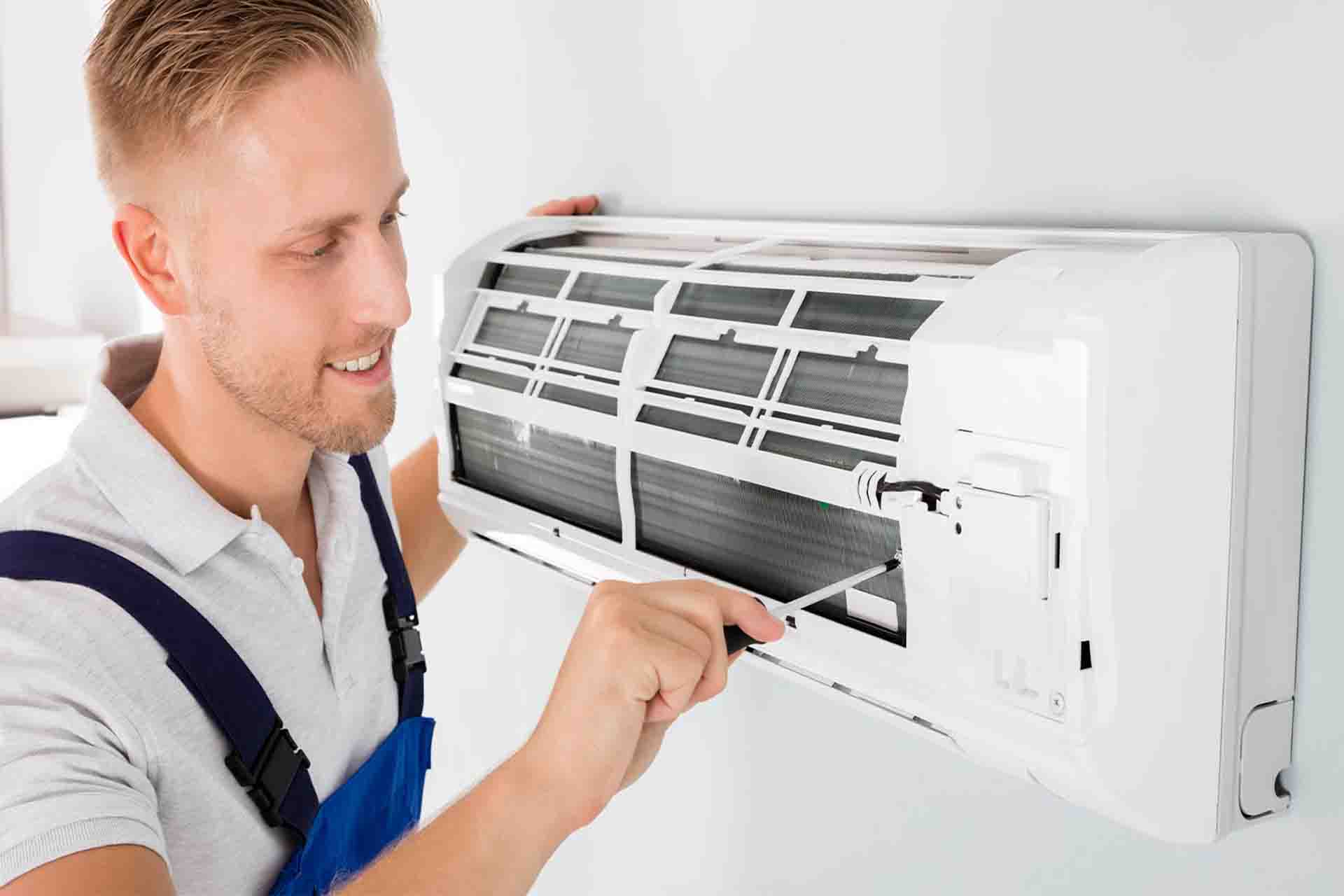The Role of Heating, Ventilation, and Air Conditioning in Business Environments

In the current landscape, the importance of Heating, Ventilation, and Air Conditioning, commonly known as HVAC, cannot be overstated, especially in business environments. A efficient HVAC system plays a key role in maintaining pleasant indoor environments, which directly impacts productivity, comfort, and general health for both employees and customers. Grasping the details of HVAC systems is essential for company leaders and facility managers who want to ensure peak performance and energy efficiency.
This detailed guide will cover different elements of HVAC, from the foundations of how these systems work to solving common issues, and from upkeep practices to the latest innovations in the field. Whether you are looking to upgrade your current system or simply want to learn how to better manage your HVAC for improved air quality and energy savings, this article is designed to provide you with the insight you need to make smart selections. Join us as we explore the critical role of HVAC in boosting the functionality and comfort of commercial spaces.
Comprehending HVAC Systems
HVAC stands for heating, ventilation, and cooling, a essential system in both spaces. This holistic system is designed to provide convenience through climate regulation and quality control of air. By grasping how HVAC functions, building owners can make informed decisions regarding installation, upkeep, and upgrades to ensure effective performance.
Warmth is typically achieved through multiple methods, including furnaces, boilers, and thermal pumps, which warm the air or distribute warm water throughout the building. Airflow is crucial for maintaining indoor air quality, entailing the exchange of indoor air with fresh outdoor air. Cooling systems, mostly using air conditioning units, help reduce indoor temperatures during hotter months, ensuring a comfortable environment no matter the external conditions.
As commercial entities and office buildings strive for energy efficiency and sustainability, innovative HVAC technologies are becoming increasingly vital. Smart thermostats and advanced filtration systems enhance control over interior environments and air quality, making it more convenient for businesses to lower energy consumption and enhance overall comfort. As a result, grasping HVAC systems not only supports a more enhanced indoor environment but also facilitates objectives for commercial settings.
HVAC Maintenance and Efficiency
Regular maintenance of your HVAC system is vital for making sure it operates optimally. Regularly scheduled inspections and tune-ups can detect potential issues before they escalate, leading to costly repairs or replacements. Keeping filters clean and components well-tuned helps to maintain optimal air circulation and energy efficiency. A effectively maintained system not only reduces you money on electricity bills but also prolongs the lifespan of your equipment, which is particularly important for industrial spaces that rely heavily on consistent climate control.
Effectiveness is a critical factor for both residential and commercial HVAC systems, as providing a comfortable environment is essential for productivity and comfort. When HVAC systems are operating at peak efficiency, they utilize less energy to warm or cool a space. This is particularly important in larger buildings where energy costs can be substantial. Adopting eco-friendly solutions, such as improving equipment or using smart thermostats, can drastically reduce energy consumption while enhancing overall performance.
In conclusion, putting resources into regular HVAC maintenance and seeking out ways to improve efficiency can provide considerable long-term benefits. For businesses, this means creating a more pleasant environment for employees and clients, encouraging productivity, and upgrading indoor air quality. By remaining ahead of maintenance and making informed decisions about upgrades, businesses can ensure their HVAC systems stay reliable and budget-friendly for the foreseeable future.
HVAC for Commercial Spaces
HVAC systems play a vital role in commercial spaces, ensuring a comfortable and productive environment for employees and clients alike. Proper heating, airflow, and air conditioning are critical for maintaining a stable indoor climate, which can significantly affect workplace productivity. By controlling temperature and humidity levels, an efficient HVAC system creates a pleasant atmosphere that enhances concentration and efficiency among employees, making it a key component of any commercial building.
Additionally, commercial buildings often have larger spaces and more complex ventilation requirements, making the selection and maintenance of HVAC systems critical. Businesses must assess their individual needs based on the size of their space, the number of occupants, and the nature of their operations. Regular maintenance is essential to prevent common problems, such as uneven temperature distribution or inadequate airflow, which can lead to discomfort and lower employee morale. By investing in a trustworthy and efficient HVAC system, businesses can improve indoor air quality and reduce energy costs.
Moreover, advancements in HVAC technology have introduced energy-efficient solutions tailored for business applications. https://www.berkeys.com/fort-worth-air-conditioning/ can benefit from smart HVAC systems that respond to occupancy patterns and optimize energy use, resulting in substantial cost savings. Furthermore, innovations such as geothermal heating and cooling or solar-powered HVAC systems can provide environmentally-friendly options that contribute to a company's sustainability goals. Overall, prioritizing HVAC in commercial spaces not only enhances comfort and productivity but also aligns with the increasing demand for energy efficiency and sustainability.

